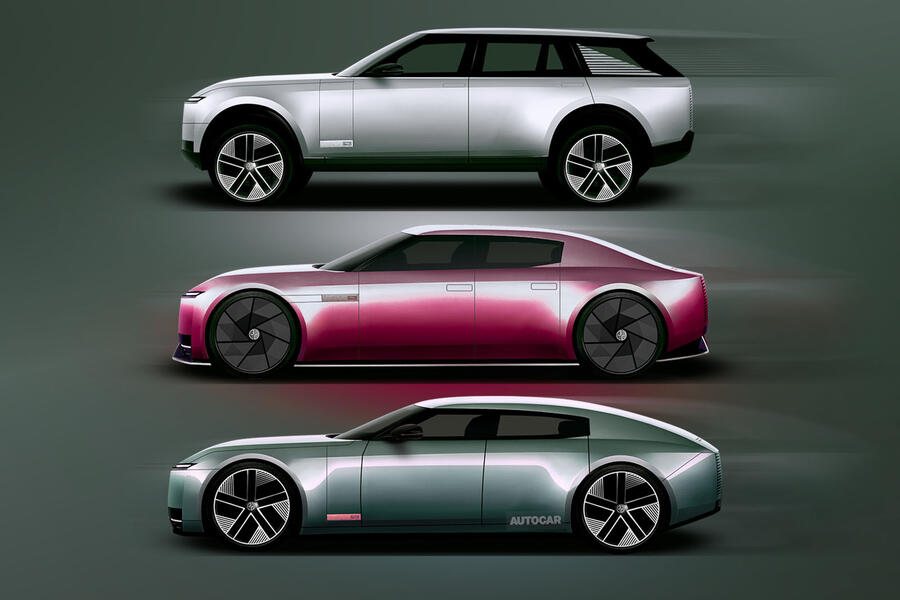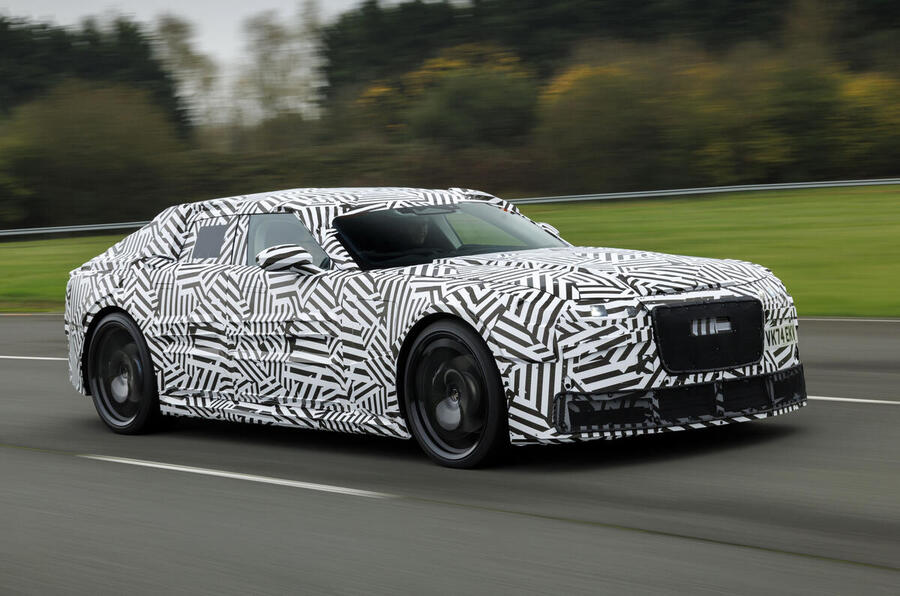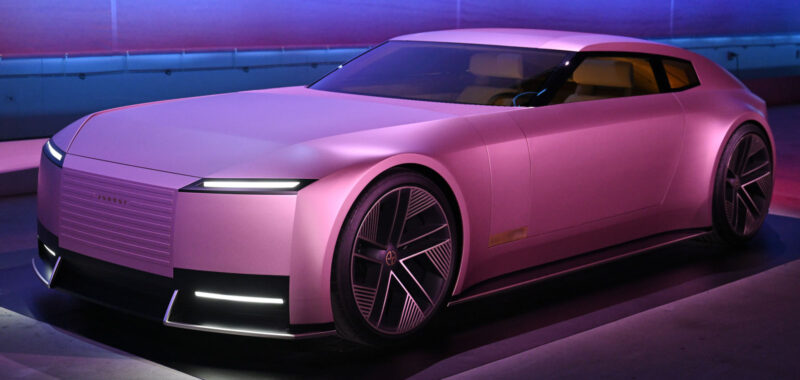The first three new-era Jaguars

Jaguar’s next-generation line-up will be spearheaded by a Porsche Taycan-rivalling super-GT, the design of which has been clearly previewed by the Type 00 concept.
Arriving in 2026 as the first all-new Jaguar since 2018’s I-Pace, the EV was shown in official testing images released last month to bear a striking resemblance to the concept, especially its long bonnet, low nose and square proportions. Differences with the production car come in the form of an extra set of doors and rear seats.
Although the GT’s back end has yet to be seen, the concept’s lack of a rear window indicates this will make it into production. This striking four-door GT is the first of three upcoming electric cars due to arrive by the end of the decade atop a new brand-specific, EV-only platform called JEA. The other two are thought to be a Bentley Bentayga-style SUV and a luxury saloon to rival the Mercedes S-Class.
Opinion: What Jaguar’s electric super-GT needs to be

I’m intrigued to see the Type 00’s design translated to the upcoming electric GT. Official images of a prototype (above) show a long bonnet, long wheelbase, ‘fast’ windscreen angle, two side doors and a tapering, muscular rear end. So a more ‘trad’-looking GT car alternative to the Porsche Taycan but clearly also a deeply progressive one.
That’s the right kind of start for an electric Jaguar GT. For £120k, it also needs to push EV norms in the technical requirements: range, charging speed, performance, weight etc. If this is Jaguar’s new world, the car absolutely must come without caveat and exhibit world-class engineering.
After that? Be beautiful. Be daring. Be a little luxurious. But most of all, be exciting – in an authentic sense, not an affected, synthesised one.
To be a truly game-changing EV, it has to put its driver in touch with the dynamic potential of electric motors like nothing else. ‘Fast’ won’t be enough: Jaguar must focus on next-level driver engagement.

